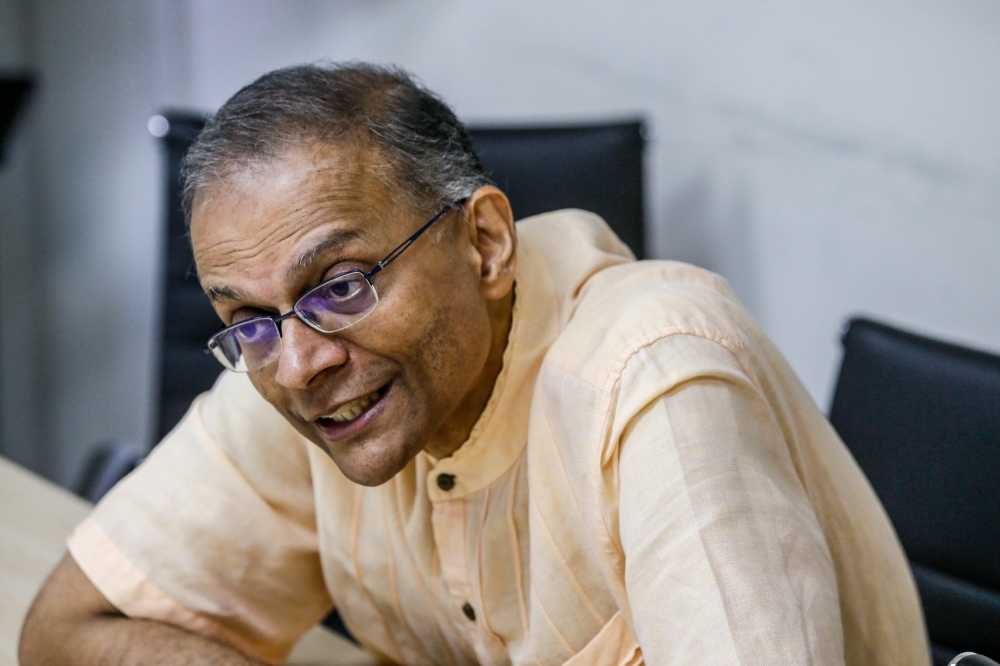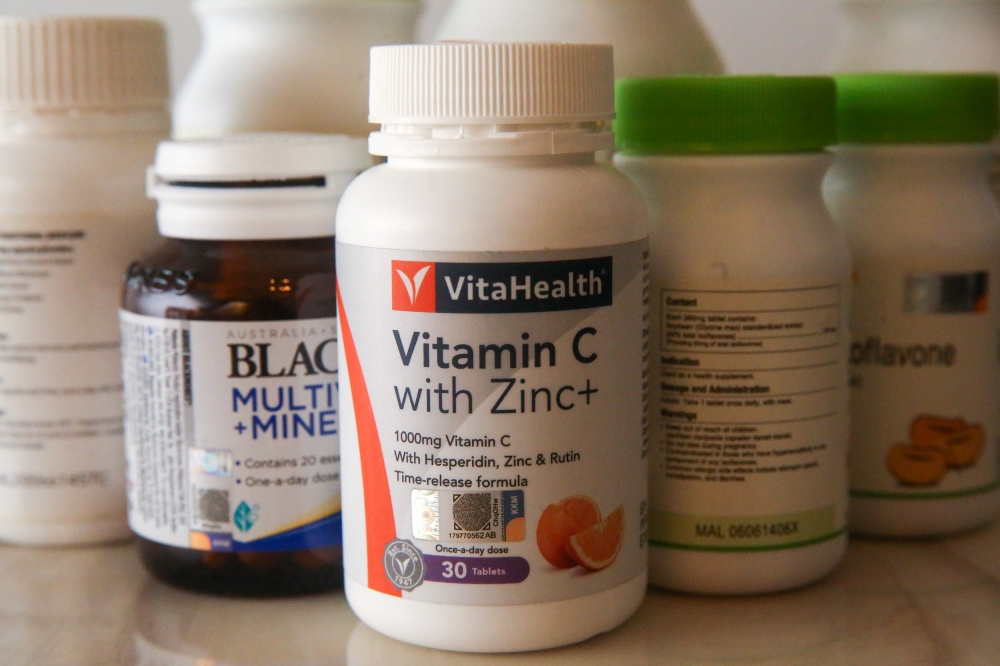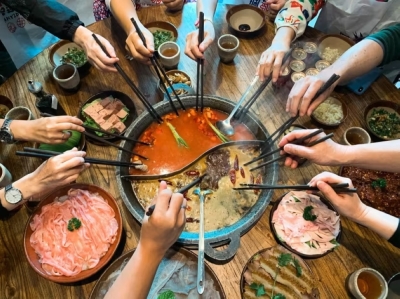KUALA LUMPUR, June 17 — In 2023, Malaysia’s vitamins and supplements market was valued at US$1.14 billion or almost RM5.383 billion, according to a report published by research firm Euromonitor International last October.
But that is not all, the same report also stated the industry is forecasted to grow up to US$1.66 billion (RM7.85 billion) in 2028.
Since the onset of the Covid-19 pandemic, there has been renewed awareness about one’s overall well-being among Malaysians and this has carried forward into the post Covid-19 era.
Malaysian Dietary Supplement Association (Madsa) president Datuk Rajen Manicka said there is growing preference for dietary supplements catering to various health needs from boosting immunity to addressing specific deficiencies by way of supplementing one’s incomplete diet.
“Covid-19 made people rethink their health. People who were smoking started to quit, obese individuals started to understand they were the first ones dying.
“So people started buying vitamins, immune-boosting herbs, so at that point you will see double digit growth (in the industry).”
However, this has also opened up the billion-ringgit market to unscrupulous parties seeking to take advantage of consumers by offering counterfeits at a fraction of the price of its genuine counterpart.
With the allure of a good bargain extremely compelling, Rajen warned the risks and consequences of purchasing from unverified vendors can be severe and may eventually prove fatal in the worst-case scenario.
“But we still need to educate them (consumers), safeguard their interests, protect their rights and prevent their money from being abused,” he told Malay Mail in an interview recently.

Rajen, who is a pharmacist by training, conceded that consumers were now at a greater risk of ingesting unknown harmful substances through the purchase of possible counterfeits, especially through e-commerce websites, whose sellers often operate without the necessary quality control measures.
Worse still, these “bad players” threaten to undermine the integrity of Malaysia’s legitimate nutritional supplements market in spite of existing laws and regulations governing the manufacturing and labelling of dietary supplements, Rajen added.
“Counterfeiting happens everywhere where you have consumers looking for a product that is well known.
“We have seen very, very clear cases of counterfeits where known brands are being counterfeited.
“When you take counterfeit products, you don’t know what you are taking and if somebody, God forbid, dies then we will be blamed, so we are now helping to get consumers educated in that buying supplements online from overseas has no guarantees and no support,” he said.
Just how big is the health supplements market in Malaysia?
In Malaysia, the National Pharmaceutical Regulatory Agency is responsible for processing registration applications of new drug products, biologic products, generic products, health supplements, natural products as well as veterinary products.
Based on the NPRA’s data in its annual report 2022, a total of 451 health supplements alone were registered 0151 the highest since 2018.
In fact, the NPRA received a total of 584 health supplement product registration applications in 2022 alone.
In Malaysia, beauty supplements held the largest market share followed by heart health supplements in retail value last year, underscoring consumers’ ever-increasing demand for products catering to age-related concerns.
Addressing dangers of the unverified
With counterfeits now easily passed off as genuine on e-commerce websites, Rajen said one golden rule exists – that is to avoid purchasing supplements online unless consumers know it is officially sourced.
"You might save a couple of sen, but for a start you might be getting a product that is expired or a counterfeit.
"An informed consumer is the best consumer and today's problem with information is the widespread misinformation and fake news where you get all kinds of funny nonsense and this confuses people," he said, adding that consumer education on buying from authorised sources is paramount.
For starters, Rajen said consumers should look out for a hologram sticker – called FarmaTag – affixed on the product bottle, easily distinguishable on all genuine products approved by the NPRA.

Rajen also said MADSA has been lobbying the federal government for the past year to introduce tax rebates consumers can utilise through purchases of legitimate health supplements to curb the use of counterfeits.
"We are making a lot of progress, we have seen the current health minister, the NPRA's director, officers from the Inland Revenue Board and the prime minister's political secretary and they were very receptive (to the idea).
"I think it's a very soft giveback to the middle and upper class where consumption is more prevalent in those groups to encourage more informed decision-making consumers," he said.
Nevertheless, Rajen said prevention is ultimately the best cure, making reference to the federal government’s Sugar Reduction Advocacy Plan that aims to raise awareness about the perils of excessive sugar consumption.
"So you have people with proactive behaviour, people who take supplements tend to eat healthier, go to gym, perform meditation and I think any kind of government would want to encourage that kind of behaviour," he said.




















